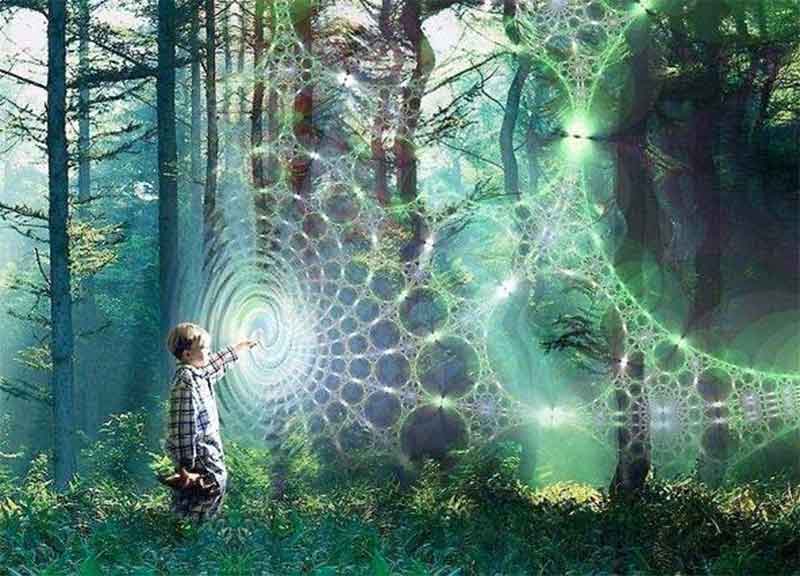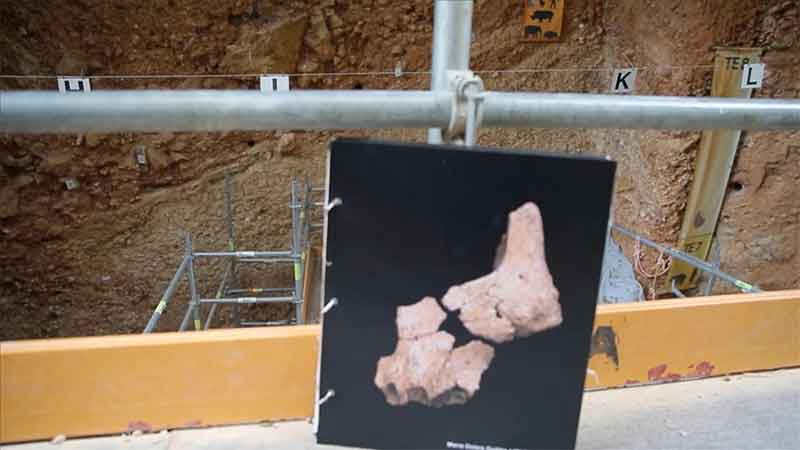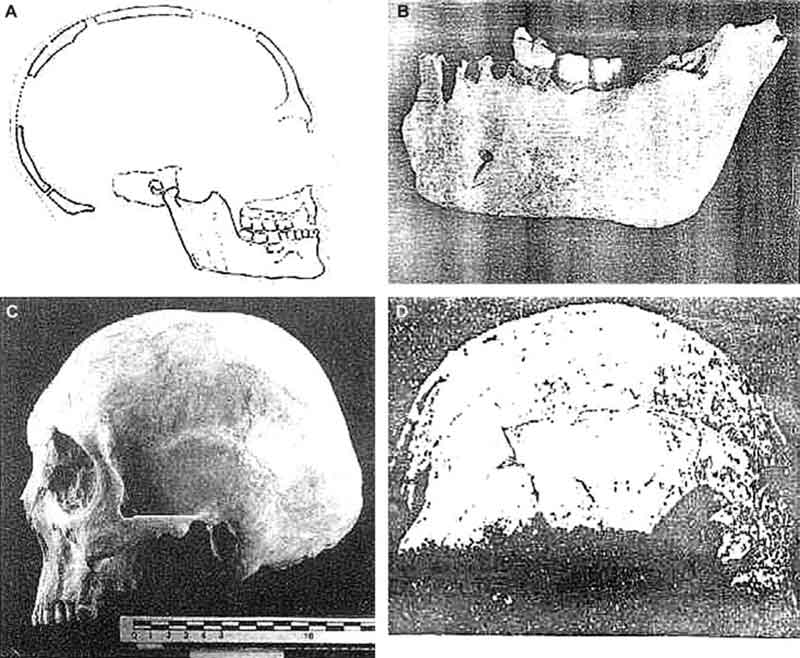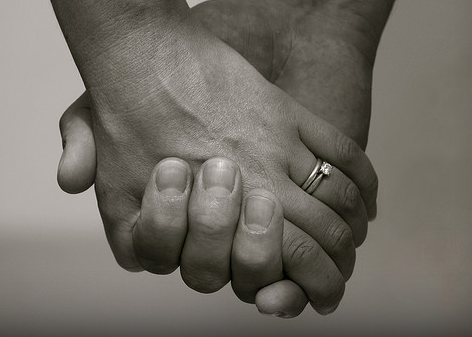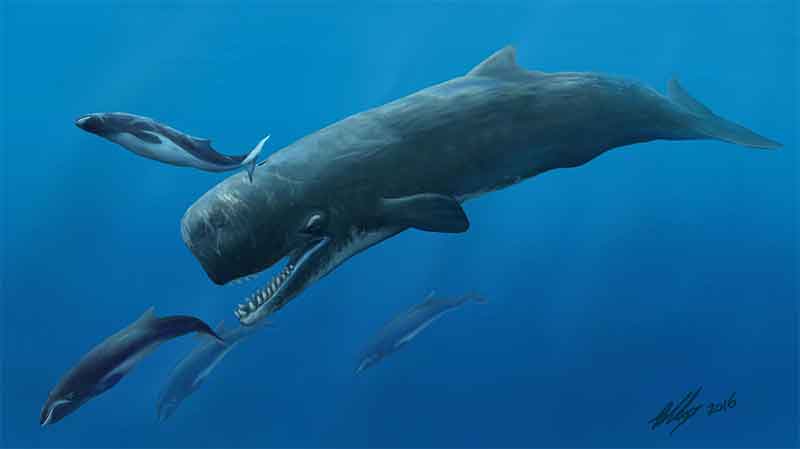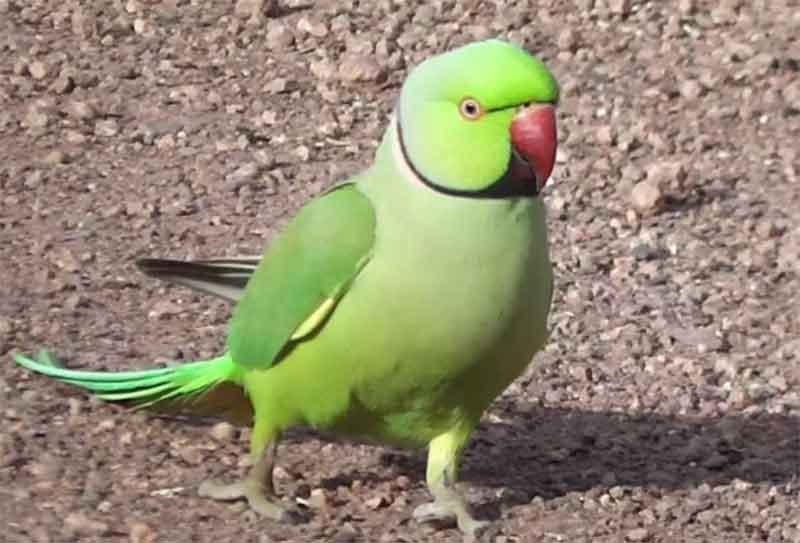Seeing Red: Our Ancient Relationship With Ocher and the Color of Cognition
Extensive ocher use reflects the culture and cognitive abilities of early humans, who inherited an affinity for red from primate ancestors. Twenty-three million years ago, our distant ancestors gained trichromatic…






